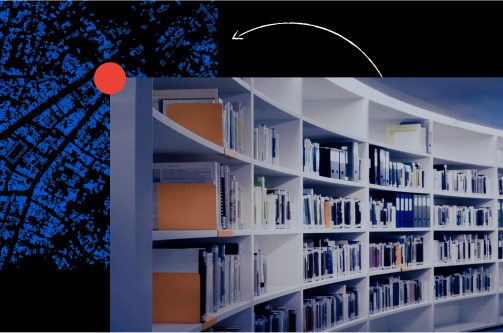COVID-19 AI and data analytics awards
Nonprofits, universities and other academic institutions around the world have turned to artificial intelligence (AI) and data analytics to help us better understand COVID-19 and its impact on communities-especially vulnerable populations and healthcare workers. To support this work, Google.org partnered with Google Research to give more than $8.5 million to 31 organizations around the world to aid in COVID-19 response.
